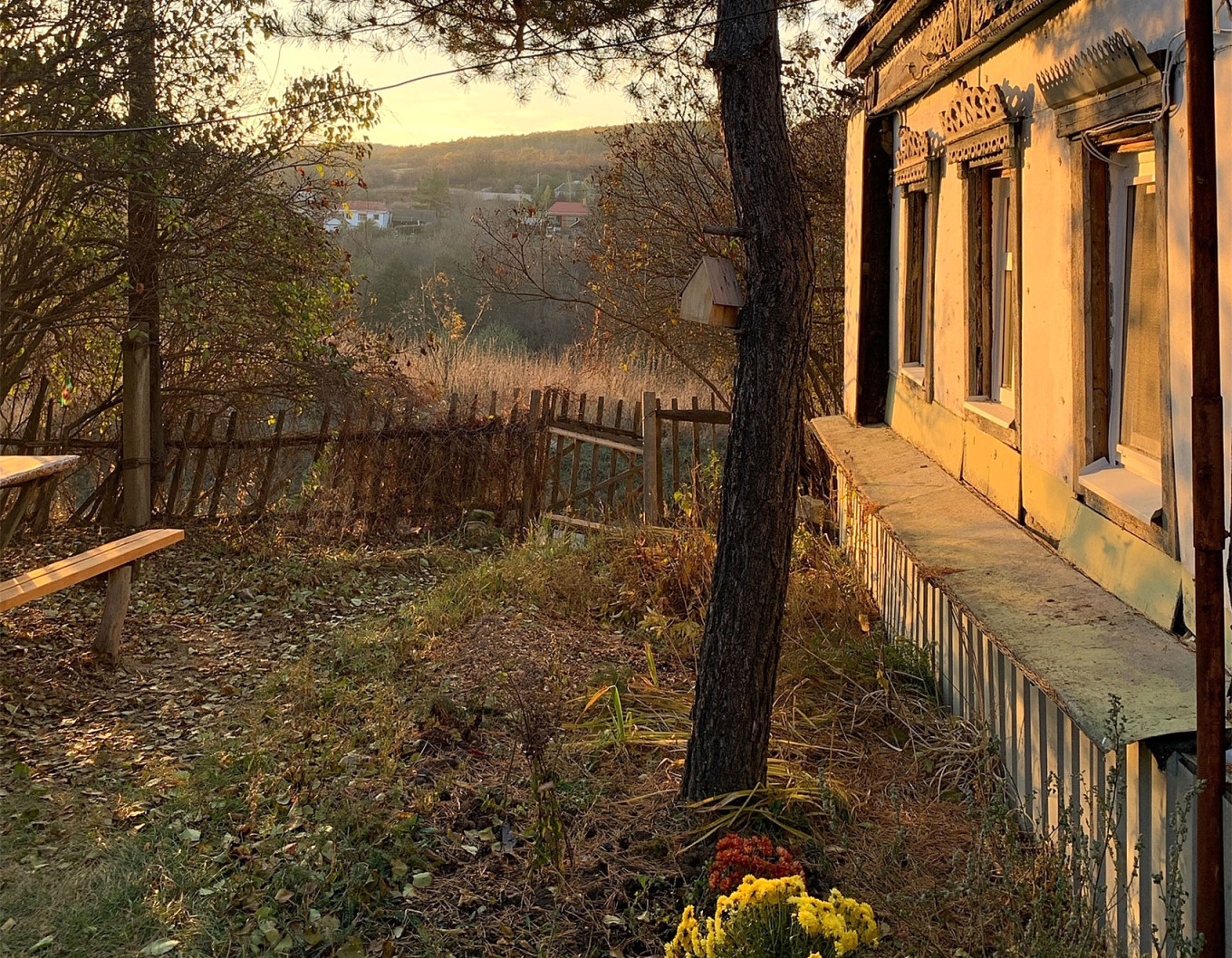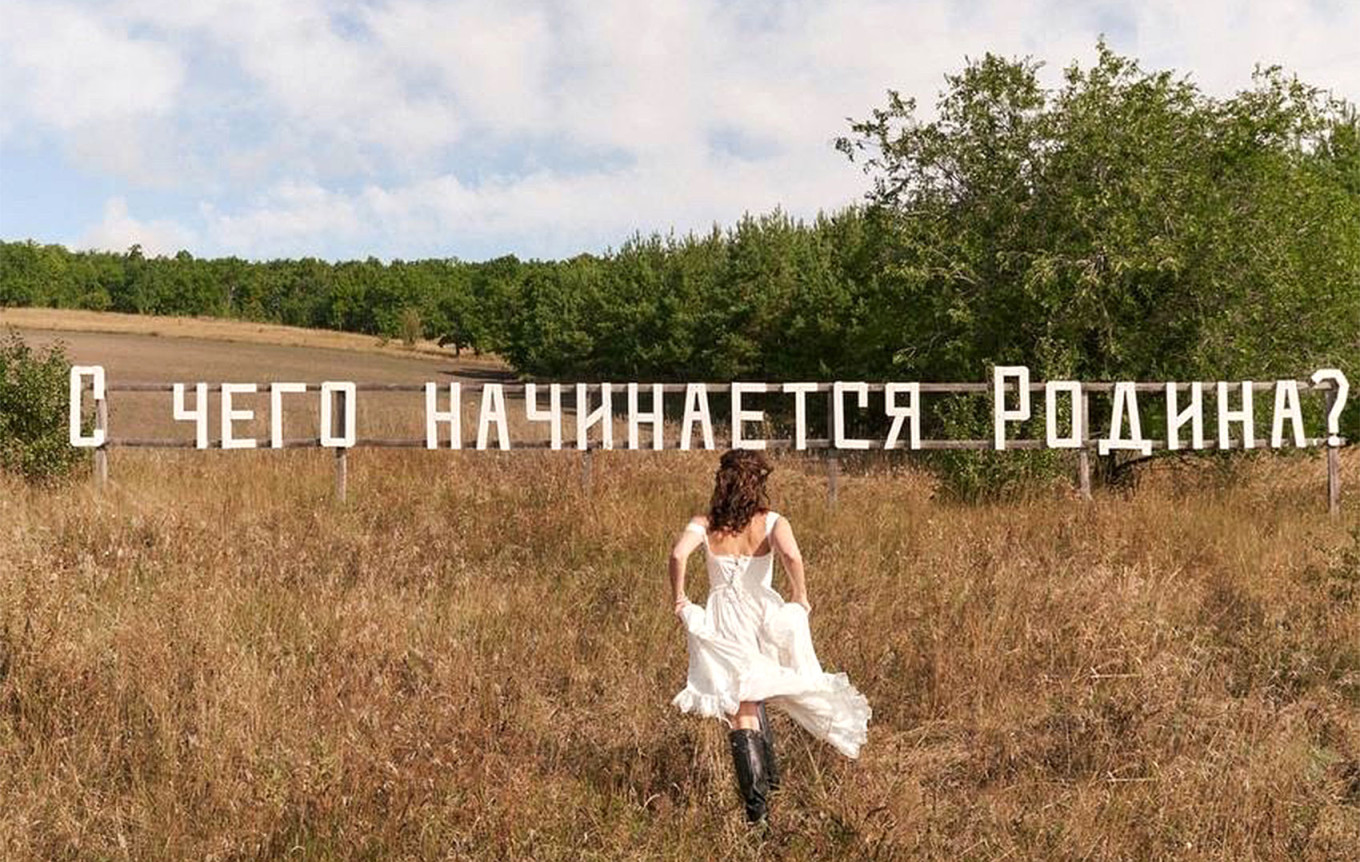Last month some members of the State Duma proposed renaming towns and villages with what they called “offensive” names and prohibit the use of these names in the future. The parliamentarians making the proposal said that residents in these places complained that people laugh at them. They didn’t want an “offensive” word in their passports and would be ready to leave their hometowns to avoid it.
There are no official statistics on the number of villages in Russia, but according to Statista, 36.8 million people live in the countryside. Some villages have funny or slightly obscene names. For example, in the Saratov region, there is a village called Lokh (a “sucker’ or “rube”). There several villages all over Russia called Bukhalovo (“drunkenness”). In the Ivanovo region there is a settlement called Antilokhovo (“anti-sucker”). And Yaroslavl region has a village with the unsavory name of Shalava (slut).
But not everyone agrees with the parliamentarians. Vitaly Vodopyanov, the head of the administration of the Velikoselsky district in the Yaroslavl region (where Shalava is), told Gazeta.Ru that he hadn’t heard complaints about the name of the village. It is true, he said, that every year the number of local residents decreases. Currently, 81 people live in Shalava. However, Vodopyanov believes that this is not due to the name, but to the lack of infrastructure, roads, first-aid posts, schools and pharmacies. “I would advise any deputies to pay attention to the quality of life of such settlements and to their financing,” Vodopyanov said.
“Opportunities? There are opportunities for cities, not for villages,” local resident Alexander told The Moscow Times. “That’s why people try to leave them.” He has lived in Shalava for more than 50 years, and he can compare today with the past. “Authorities spend money on the development of cities and forgot about us. Villages are dying throughout Russia, and it’s not because of their names.”
Today these villages are mostly populated with older people who live on their small pensions and off their land. They grow vegetables, fruits and berries; they raise goats, cows, chickens and geese. This way they have their own milk, eggs and meat and enough to eat.
In small villages, there are no schools or kindergartens, and children go to school by bus to the nearest big villages. After finishing school, most young people leave their homes and stay in town where there are a few more opportunities for work and self-realization.
In Antilokhovo, there is a big church, but there are also problems with roads and a lack of infrastructure. There used to be a school, but it was closed. There is no work — but there are untouched old houses and beautiful nature. It is good for weekends, but not for living. “The war?” a local man said when The Moscow Times asked about the influence of the Russian invasion of Ukraine. “We don’t think about it. We’re busy trying to survive,” he said.

Historical meanings
While local inhabitants and authorities talk about problems with infrastructure, historians are more interested in the historical roots of these strangely named villages.
For example, the name of the village Shalava once meant something like “naughty,” and probably was what people called the first settler to build a house there. A village named Babka (granny) might have been named after a founder who looked like an old woman.
And the villages in several regions called Musorka (trash) probably got the name from the name of a river, which had Finno-Ugric roots: “mu” — land, soil, and “sor” — lake or channel. Alexander Trifanikhin, the head of the administration of Musorka who lives in the village, doesn’t want the name to be changed. “The village has a rich, interesting history and deep roots. There have been so many important events here in the past 300 years — all in a place named “Musorka,” he told The Moscow Times.
“I don’t know anyone who left their village because of its ‘offensive’ name,” Boris, a resident of Lokh, told The Moscow Times. “Some people leave due to the lack of infrastructure and low wages. The village of MusOrka, Samara Region, is no exception. And in the State Duma,” he added, “they probably don’t know that the stress is on the ‘o’ in the name,” not on the “u” in the word.” When the stress is on the “u,” the word means “trash.”
Make it a tourist attraction
So far most residents of curiously named villages have not tried to make money off tourism. They don’t open cafes or museums, and tourists just see dying villages with houses in a state of disrepair.
The village of Lokh in the Saratov region is an exception. It was founded in the 17th century and was famous for its cave of the robber Kudeyar, a unique water mill and a beautiful, abandoned church built in 1872. Recently some people changed the pattern and moved to the village with the idea of making it a tourist spot. The Kisliny family repaired the local water mill, Yury Karamzin created “The Garden of Incorrect Sculptures,” Alexander Kiskin repaired the local church, and Yulia Burova created a park. Most of the residents didn’t help at all.

Today it’s part of the tourism brand in the Saratov region. Tourists can see the sights, taste and buy locally produced honey and pirozhki (little pies) or purchase a patchwork quilt. All activities and contacts are in the group on the Russian social network VKontakte.
After the proposal by some members of the State Duma, a resdient of Lokh tried to organize a flashmob on the social network VKontakte to support the law about renaming villages, but other residents refused to participate. “We won’t allow it to be renamed, we will stand up for the entire region,” local Lokh resident Marina said. “Living in villages was always hard for people who don’t want to work with their hands. When Lokh became a tourist attraction, our lives became easier. But why did it happen? Largely thanks to the enthusiasm of some residents,” she said.





